Meet our new Postpartum Doula, Jene’e!
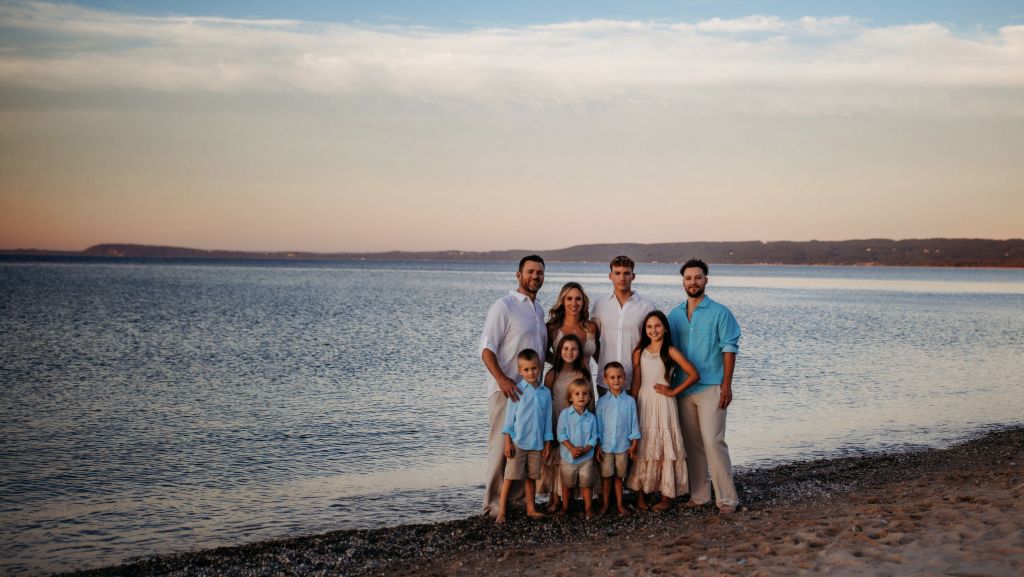
1) What did you do before you became a doula/consultant? For many years, I primarily have been a “domestic engineer”, a stay-at-home mom. Although in some of those years, my family has owned a few restaurants, and I helped there when I was needed. 2) What inspired you to become a doula/consultant? Becoming a mama […]
When to Take a Childbirth Education Class
When is a good time to take a childbirth class and why does it matter? We often get asked about the appropriate time to take a childbirth class from students and Gold Coast clients. The answer varies depending on the goals of the individual. I often ask clients if they are first-time parents or new parents. It […]
Audra’s Birth Story: Podcast Episode #105
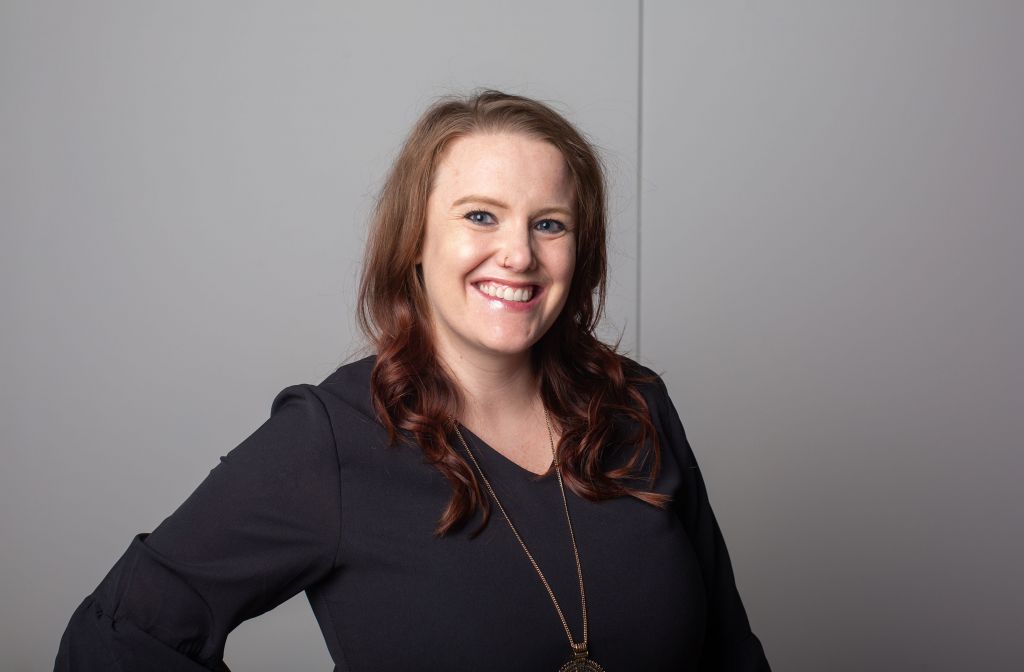
Audra Geyer, Gold Coast’s newest birth doula, tells us her birth story and how birth support from her doula was a game changer. She also took HypnoBirthing classes and went from being afraid of labor to looking forward to it! Her experience with Gold Coast let her to become a doula herself! You can […]
Saturday Series of Classes: Podcast Episode #102
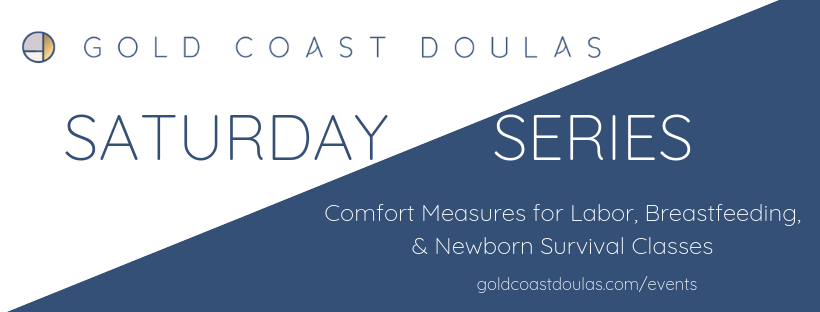
Kristin Revere, Kelly Emery, and Alyssa Veneklase talk about their Saturday Series of classes offered through Gold Coast Doulas. Each goes in to detail about what their classes cover including Comfort Measures for Labor, Breastfeeding, and Newborn Survival. You can listen to this complete podcast episode on iTunes or SoundCloud. Kristin: Welcome to Ask […]
Coronavirus Update on Doulas: Podcast Episode #94
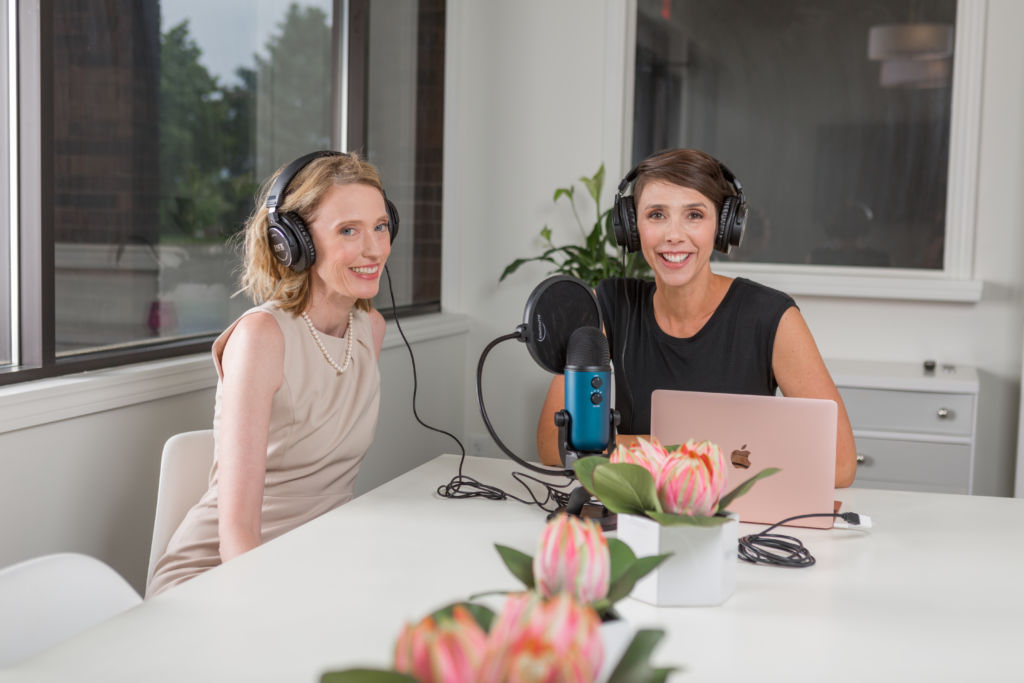
Kristin and Alyssa, Co-Owners of Gold Coast Doulas, give an update on doulas and the coronavirus. How is this affecting birth doulas in the hospital and postpartum doulas in the home? They also talk about virtual classes such as Mama Natural Online to help new parents stay prepared while social distancing. You can listen to […]
Maddie’s HypnoBirthing Story: Podcast Episode #81
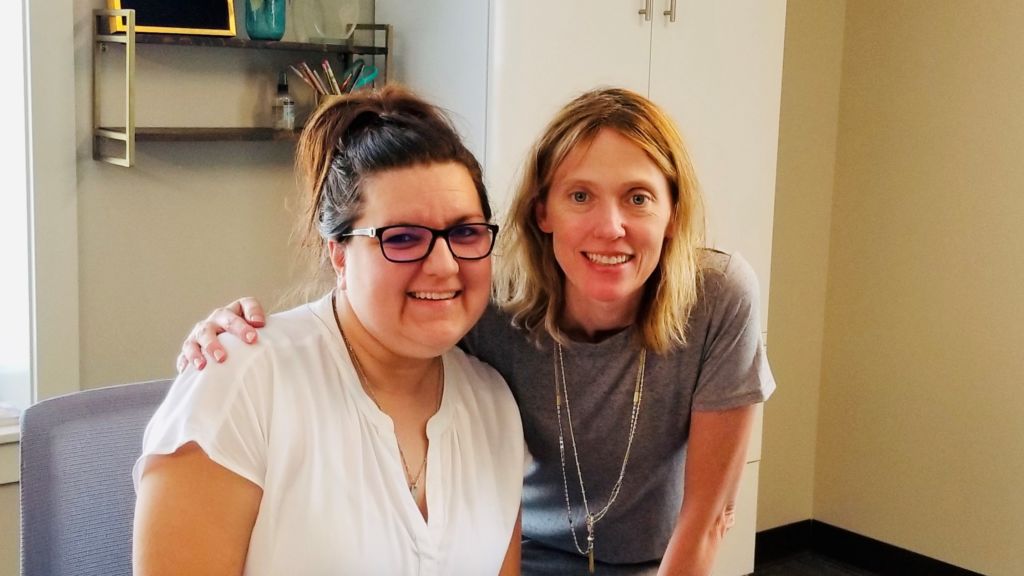
Today our former birth client and HypnoBirthing student, Maddie Kioski, tells us her personal pregnancy journey using HypnoBirthing and how it helped her feel excited about labor and delivery instead of scared. You can listen to this completed podcast episode on iTunes or SoundCloud. Kristin: Welcome to Ask the Doulas with Gold Coast Doulas. […]
HypnoBirthing Baby – Wesley

We love getting birth stories from clients! This is a beautiful story from one of Ashley’s HypnoBirthing students. Through all of the unknowns of labor and delivery for a first time parent, this mom describes her birth experience and how relaxing and keeping calm throughout eliminated any room for fear. Wesley Thomas Sarazin was born […]
Podcast Episode #65: Annette’s HypnoBirthing Story
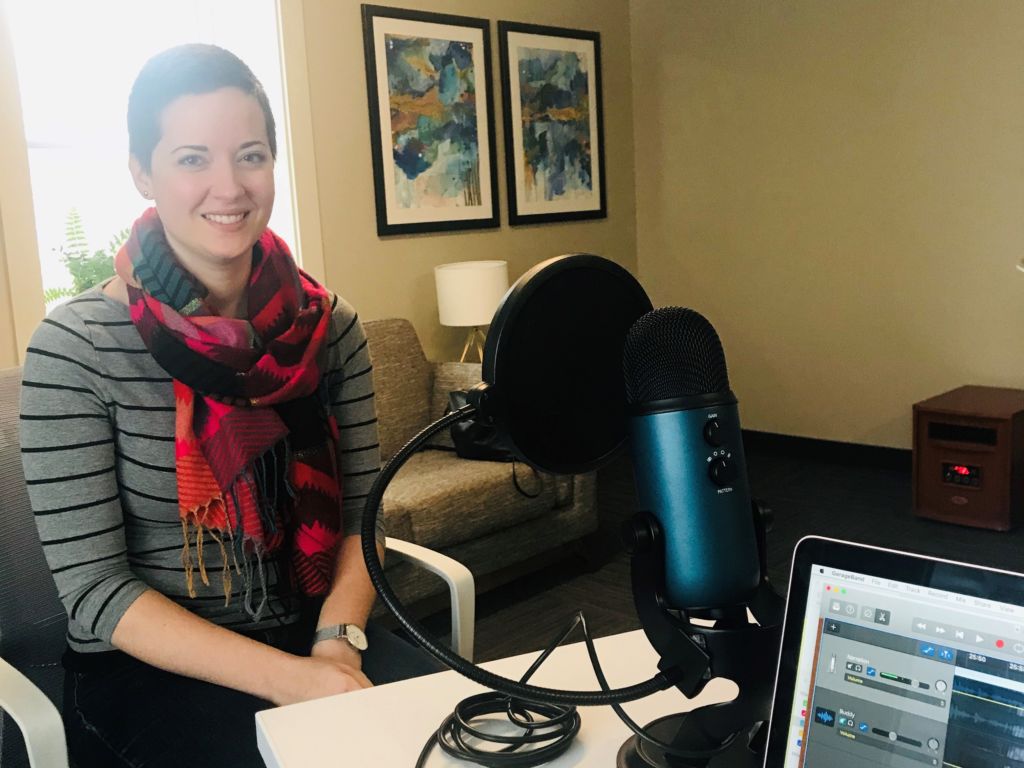
Today we talk with a previous HypnoBirthing student, Annette Beitzel, about her personal experience with HypnoBirthing at Gold Coast Doulas. Although she didn’t use it how she intended, it had an incredible impact on her pregnancy and birth experience. You can listen to this complete podcast episode on iTunes or SoundCloud. Kristin: Welcome to Ask […]
Podcast Episode #55: What Sets Gold Coast Doulas Apart?
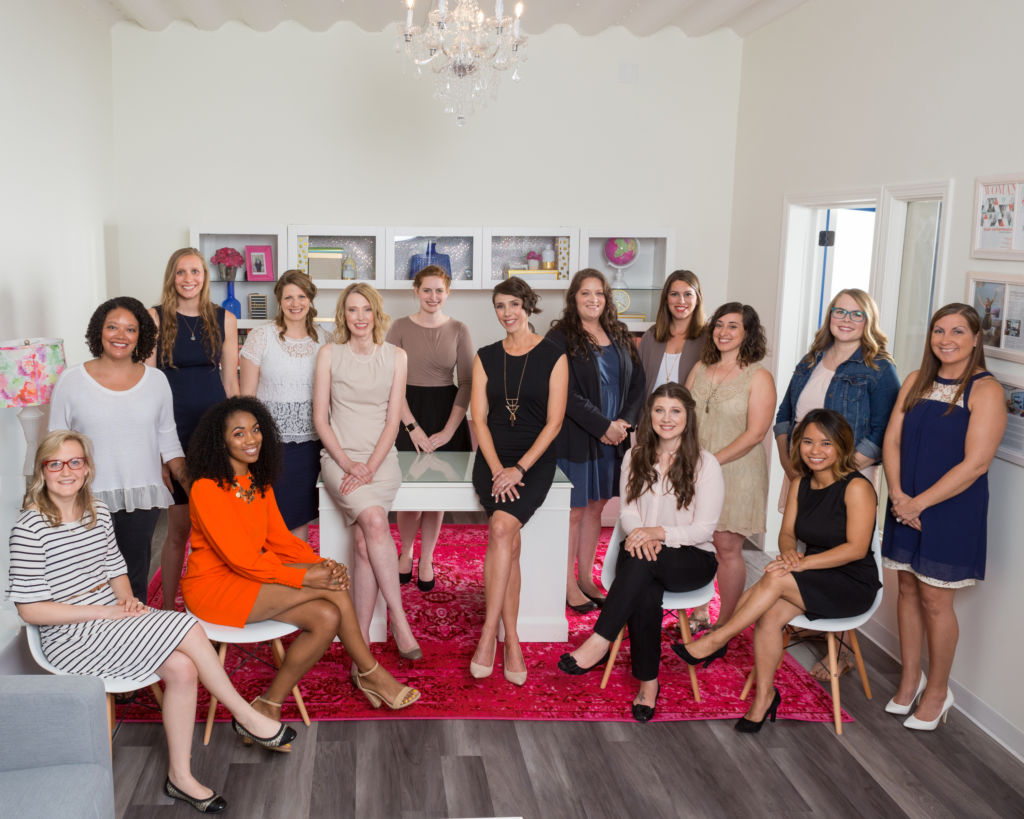
What sets Gold Coast Doulas apart? Today Dr. Rachel of Rise Wellness asks us why she should refer her clients to us. She already knows she loves us, but why should everyone else? You can listen to this complete podcast on iTunes or SoundCloud. Kristin: Welcome to Ask the Doulas with Gold Coast Doulas. […]
Podcast Episode #42: Building Your Birth Team

What should your birth team look like? What kinds of questions do you need to ask and who should you be talking to when you find out you’re pregnant? We answer these questions and more on today’s podcast with Rise Wellness Chiropractic. You can listen to this complete podcast episode on iTunes or SoundCloud. […]
Podcast Episode #38: Amber’s HypnoBirthing Story
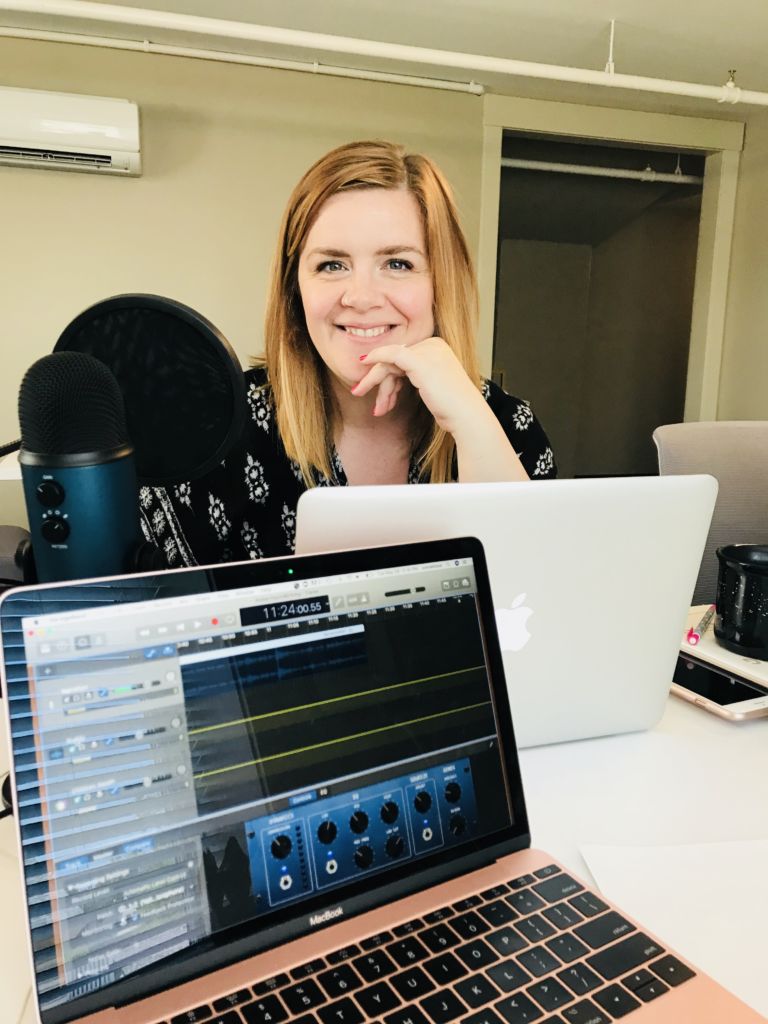
We love hearing birth stories, especially from our clients. Listen as Amber tells us her birth story and how HypnoBirthing helped both her and her husband through 23 hours of labor. You can listen to this complete podcast on iTunes or SoundCloud. You can sign up for our HypnoBirthing classes here! Alyssa: Hello! Welcome […]
Podcast Episode #34: Chiropractic Care During Pregnancy
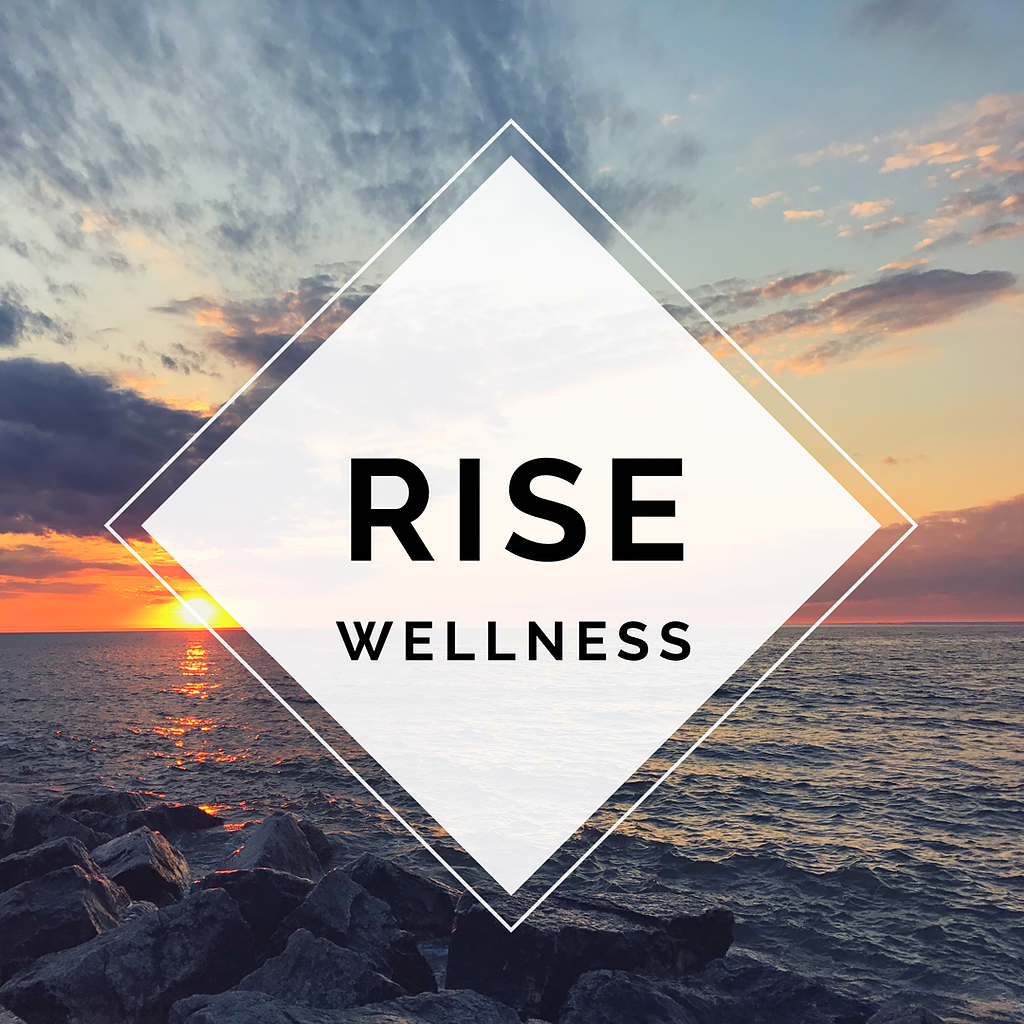
Today we talk to Dr. Annie of Rise Wellness about what chiropractic care looks like during pregnancy. You can listen to this complete podcast episode on iTunes or Soundcloud. Alyssa: Hi, welcome to another episode of Ask the Doulas. I am Alyssa, co-owner and postpartum doula at Gold Coast. Today, we have Dr. Annie […]
HypnoBirthing – Brianna & Ben’s Story
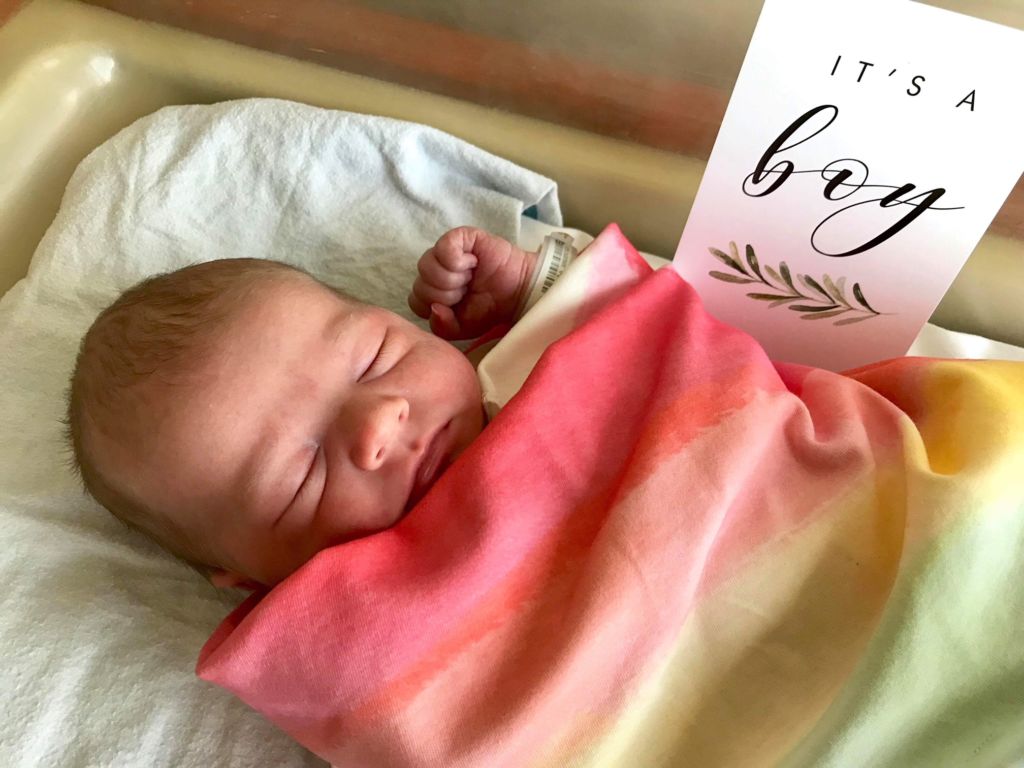
A huge thank-you to our HypnoBirthing student for taking the time to share her beautiful birth story with us! We hope you love this as much as we do! My husband Ben and I decided to take a HypnoBirthing class because we had a goal to have a natural birth and because we didn’t think the hospital […]
Podcast Episode #25: EcoBuns Baby Registry
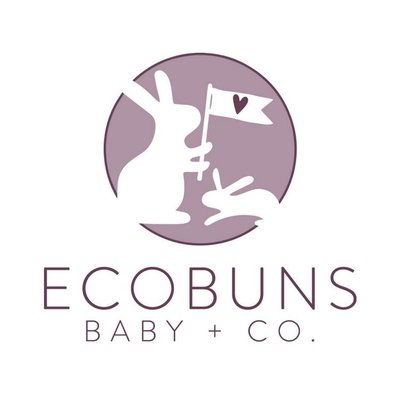
On this episode of Ask the Doulas, Alyssa talks with Marissa, the owner of EcoBuns, about her boutique baby store. You’ll also learn about the new opportunity to register for Gold Coast services! You can listen to this complete podcast episode on SoundCloud or iTunes. Alyssa: Hello, and welcome to another episode of Ask […]
Podcast Episode #23: Amber’s Cesarean Birth Story
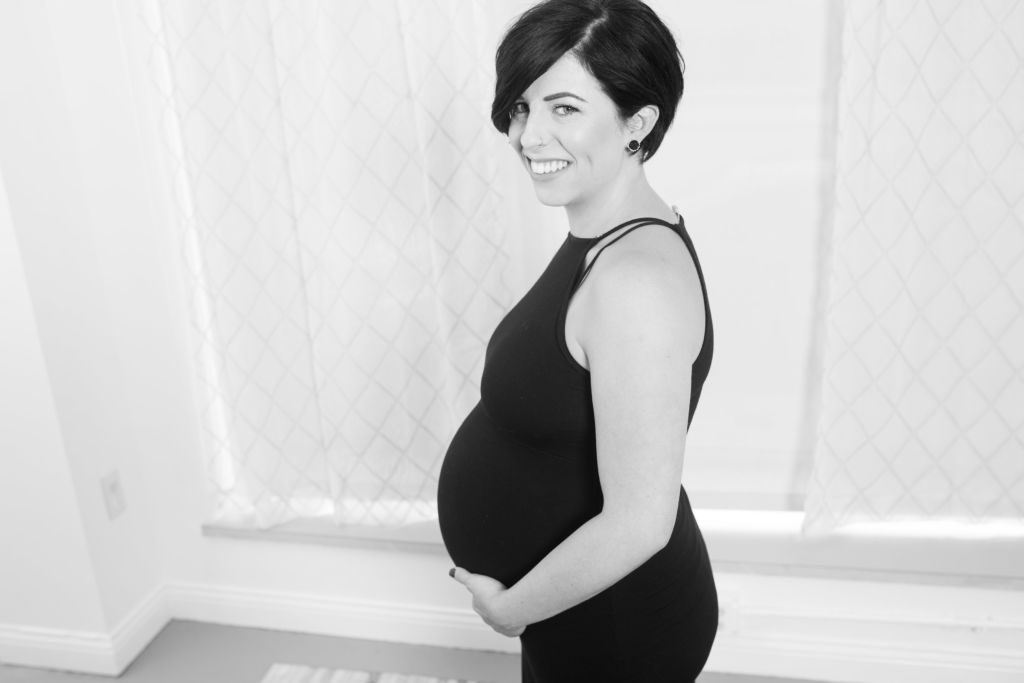
On this episode of Ask the Doulas, Amber shares how her Gold Coast Doulas supported her through her C-section experience. You can listen to this complete episode on iTunes and SoundCloud. Alyssa: Hi, welcome to another episode of Ask the Doulas. I am Alyssa Veneklase, co-owner and postpartum doula, and we are talking to […]
Podcast Episode #22: How to get Dad on board with Hiring a Doula
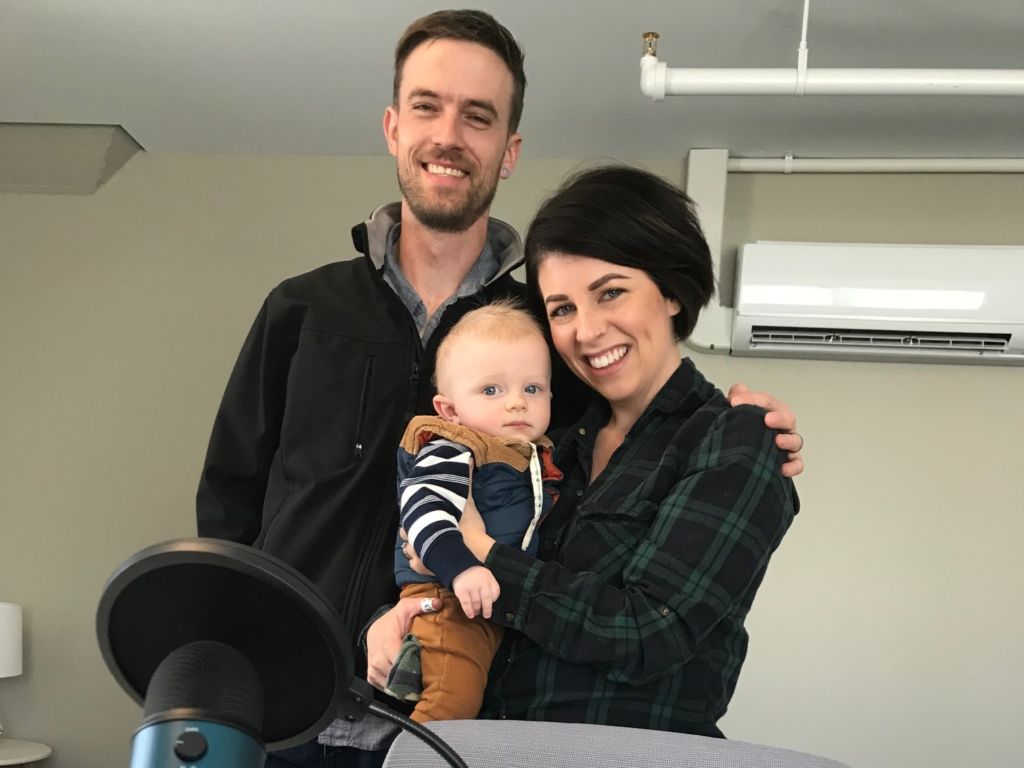
On this episode of Ask the Doulas, Alyssa talks with Amber and Ashton about getting your husband or partner on board with hiring a doula. You can listen to this complete podcast on iTunes or Soundcloud. Alyssa: Hi, welcome to another episode of Ask the Doulas. I am Alyssa Veneklase, co-owner and postpartum doula, […]
Kerry – A HypnoBirthing Birth Story
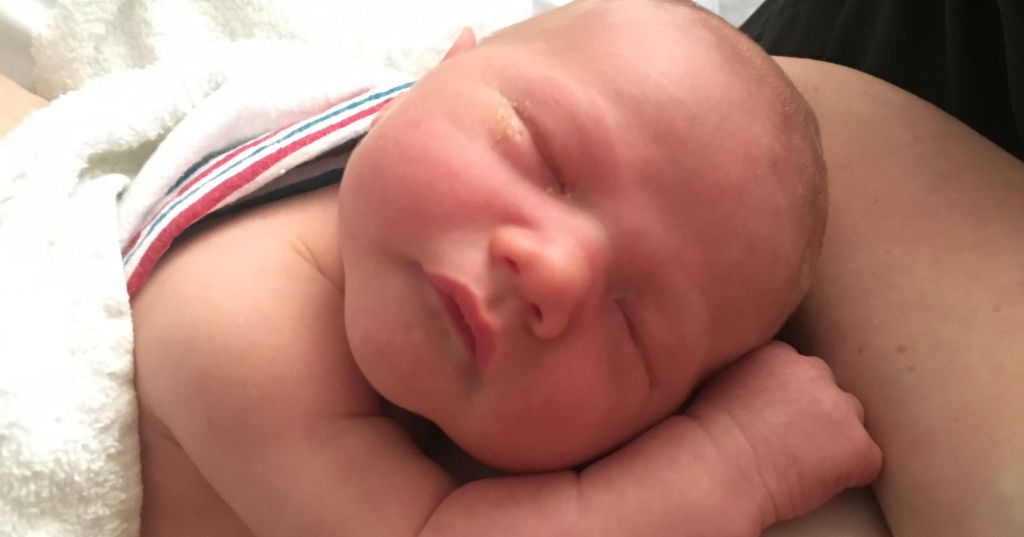
We love hearing birth stories from our HypnoBirthing students. Kerry had a rough ride but made it through three days of labor in the hospital, smiling in the end because of the tools and techniques she learned in Ashley’s HypnoBirthing Classes. “I just wanted to shoot you a note thanking you so very much for […]
Newborn Care: Fussiness

When I teach my newborn care class one of the topics we cover is fussiness. This topic gets a lot of reaction from parents. They have a lot of questions. Nobody wants a fussy baby, but the truth of the matter is that every baby is fussy at times. So what do you do when […]
Why Take a Breastfeeding Class?
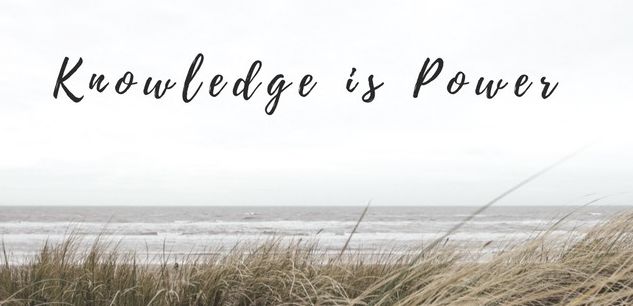
Why Take a Breastfeeding Class? We are pleased to present a guest blog by Shira Johnson, IBCLC . Breastfeeding is natural, right? Well, yes… But it doesn’t always come naturally! Just like parents educate themselves about pregnancy and birth, it’s valuable to have basic knowledge about breastfeeding before baby arrives (we don’t read up on […]
Gold Coast Doulas Diaper Drive

Gold Coast Doulas is celebrating its one-year anniversary on Saturday, Oct. 1 with a giveback event at Nestlings Diaper Bank located at 650 Riley Street, Ste. L in Holland. We are laughing the diaper drive with a free event is from 10 a.m. to 1 p.m. Children are welcome. There will be food, refreshments, a photo […]
We are Your Doulas!
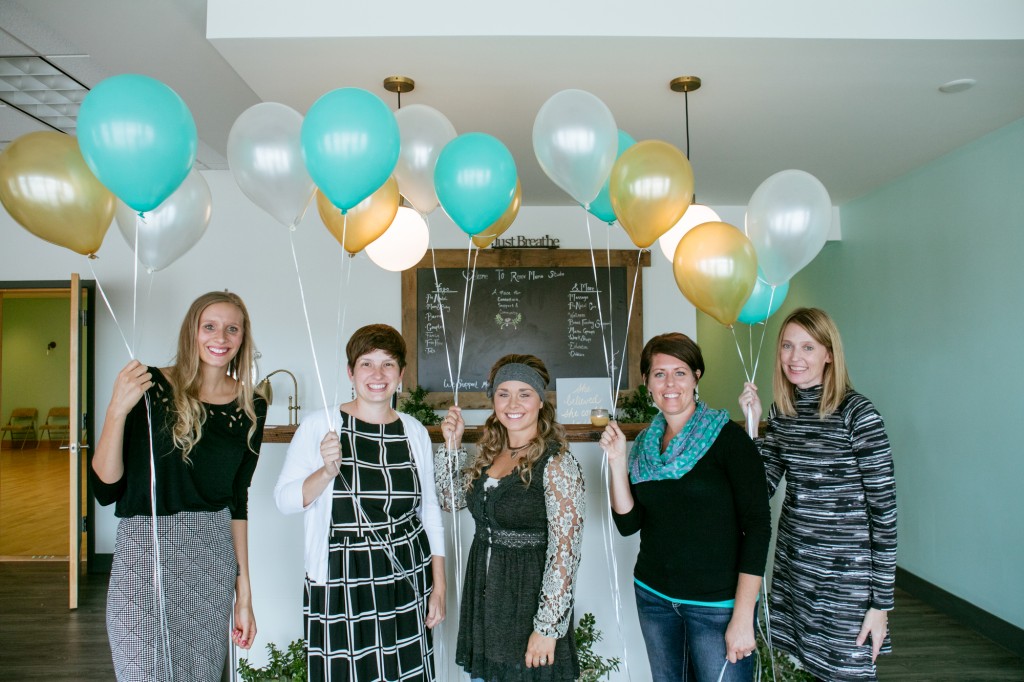
We are your doulas! At Gold Coast we pride ourselves on our superior service and professionalism. We aim to be your one stop shop for all things pertaining to pregnancy, birth and the postpartum time. Looking for childbirth classes? We’ve got you covered with HypnoBirthing classes and will soon be releasing another option for Childbirth […]
What is the Hypno in HypnoBirthing?
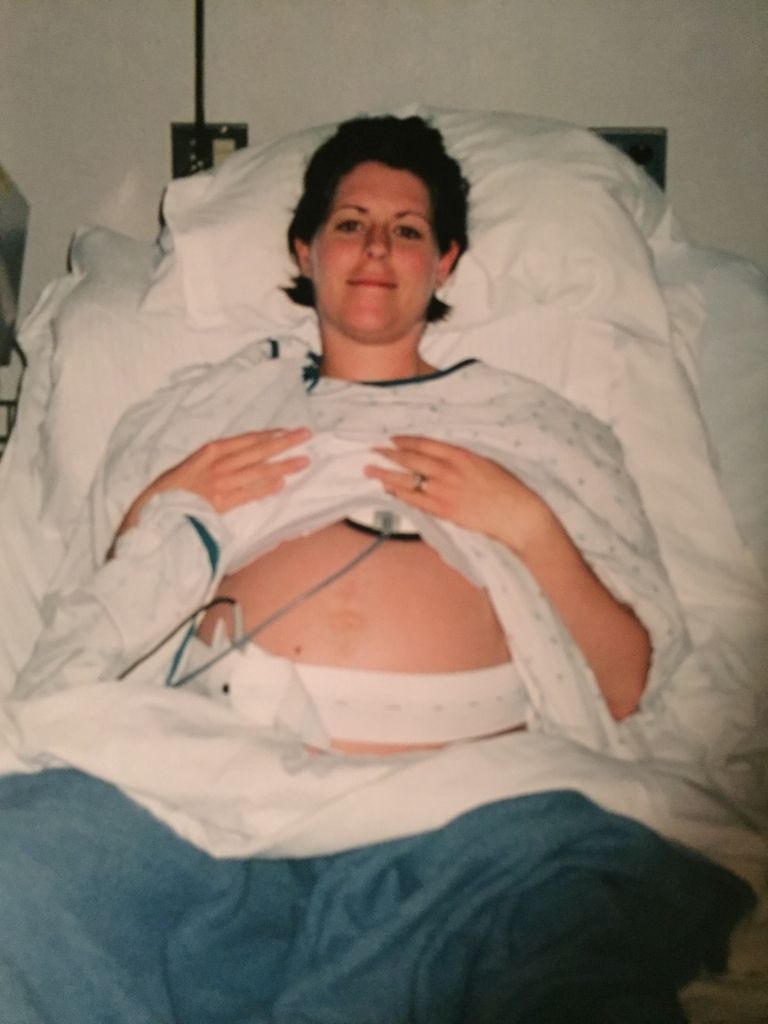
Gold Coast Doulas is pleased to present a blog from Karlye McNeely RN, BSN. Karlye is co-owner of Gold Coast Doulas LLC, she is a graduate of the Hope/Calvin nursing program, and former L&D nurse. Karlye is a certified HypnoBirthing practitioner and has been teaching HypnoBirthing classes in West Michigan for 11 years. She has […]
High-Risk Pregnancy Support

Being on bed rest can be challenging. I know this from personal experience, as I was on bed rest for several weeks with preeclampsia during my first pregnancy. I was lucky enough to live above the Electric Cheetah at the time. The staff delivered healthy meals to my door when my husband was at work. […]


